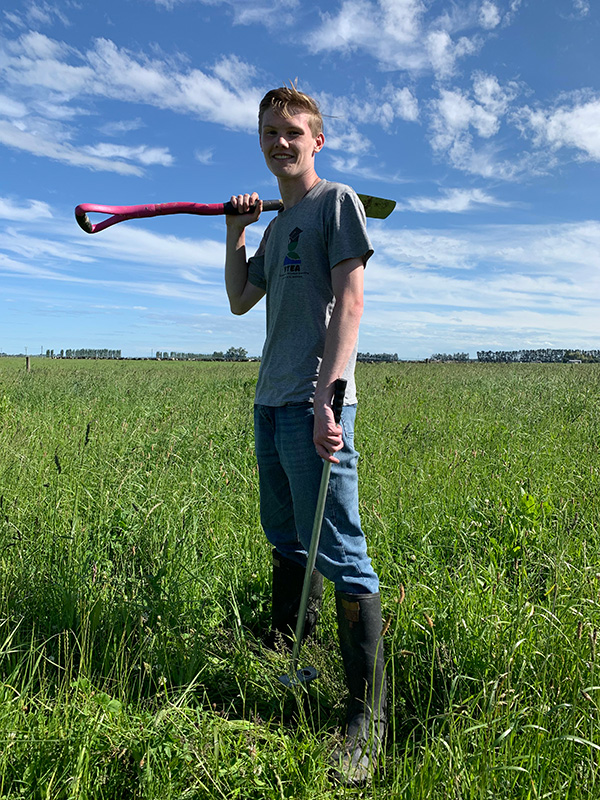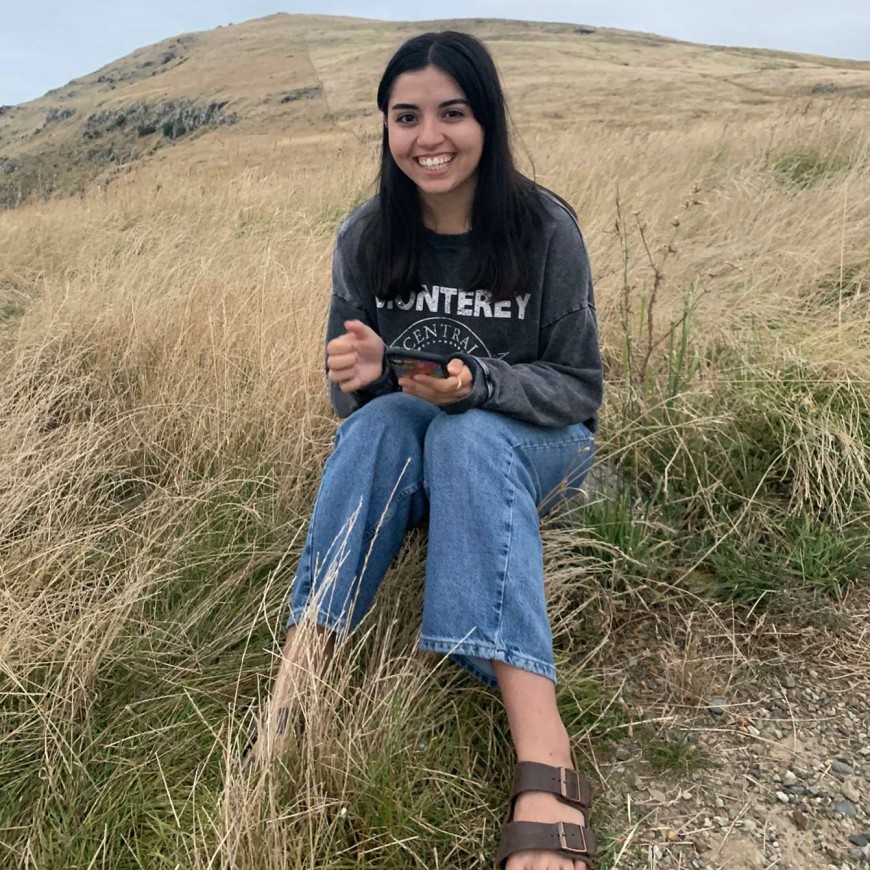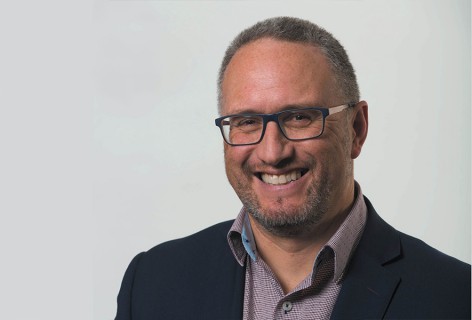Mā ngā huruhuru te manu ka rere / With the aid of feathers the bird takes flight
The programme is part of our objective to support kairangahau (researchers) Māori and Pasifika in their careers, creating new pathways for these tauira / students to see a future in science and Crown Research Institutes more broadly.
The programme also aims to work collaboratively to develop the interface between western science and Mātauranga Māori.
Read on to meet three of our 2022 interns:
James McLennan:

Ko Tarahoua tōku maunga
Ko Opihi tōku awa
Ko Ngāi Tahu me Waitaha ōku iwi
Ko Kati Huirapa tōku hapu
Ko Arowhenua tōku marae
Ko Uruao me Takitimu ōku waka
Nō Ōtautahi ahau
Ko James McLennan tōku ingoa
University of Canterbury student James McLennan is enjoying getting out of the classroom and into the field this summer, working with our Land Use and Ecosystems team.
Working towards a Bachelor of Science majoring in Environmental Science and Chemistry and minoring in Te Reo Māori, James lights up when discussing his first few weeks at Manaaki Whenua.
“Everyone has been really friendly and welcoming, and it is amazing to be out in the field and also see and use state-of-the-art technology in our labs.”
Supervised by Senior Researcher Gwen Grelet, James is supporting a number of projects – from field sampling to reading papers through to labelling test tubes when required!
James is undertaking his own pilot project at the Align farms regenerative farming trial. James is also helping the AgriSea diverse pasture trial, undertaken by Lincoln University. This trial is funded by Our Land and Water to test the impact of Agrisea’s seaweed-based soil additives on ecosystem health.
James says he is particularly interested in regenerative farming from a Mātauranga Māori perspective.
“I think it is really important that we look at ways to protect the whenua, as it is a resource we all use and what to protect for future generations.”
Anataia van Leeuwen
Ko Taupiri te maunga
Ko Waikato te awa me te iwi
Ko Tainui te waka
Ko Ngāti Tamaoho te hapū
Ko Mangatangi te marae
Ko Anataia tōku ingoa
Fresh from completing a Bachelor of Science majoring in Geography and Statistics Anataia van Leeuwen (Ngāti Tamaoho) will be spending the summer analysing how species may be impacted by climate change and creating resources for tauira / students.
The recent graduate from the University of Auckland says she is excited to bring her scientific training and knowledge of Mātauranga Māori to Manaaki Whenua.
“This research is about analysing data collections and then using it to create easy to understand resources for intermediate and high school students.”
Anataia will be supervised by Senior Researcher - Spatial Modeller Tom Etherington, part of our Informatics team.
Anataia is passionate about the role Mātauranga Māori, Māori knowledge systems can bring to science.
“Through colonisation and modernisation much of our taiao (natural environment) has been lost so there is a place for Māori knowledge to work in partnership to improve that.”
Anataia hopes to pursue honours with a specific focus on indigenous science next year.
Ariana Sutton

Ko Pukeamaru tōku maunga
Ko Karakatuwhero tōku awa
Ko Horouta tōku waka
Ko Paerauta tōku marae
Ko Teamaker tōku wharenui
Ko Te Whānau a Te Aopare me Ngāi Tamakoro ōku hapū
Ko Ngati Porou tōku iwi
Ko Ariana Sutton tōku ingoa
The rich knowledge you can gain from data is what makes University of Otago student Ariana Sutton excited about a future in science.
Ariana has completed her second year of study in Environmental Management and Politics, and is thrilled to spend the summer working on the Genomics of native species at our Tāmaki office.
Supervised by Natalie Forsdick from our Systematics team, Ariana is looking at the DNA of native species and what makes them diverse – including why some species are found in high and low populations in particular areas.
Ariana believes data can play a pivotal role in empowering Māori and Mātauranga Māori in science.
“I think it can really help us especially when we are looking at and protecting precious taonga like native species – but I think it is also important to ensure Māori data is used appropriately.”
Having a Māori perspective on science is a way Ariana feels she can give back to her iwi and hapū, and hopes in her career she is able to keep working with data and create environmental policy that supports Mātauranga Māori.

